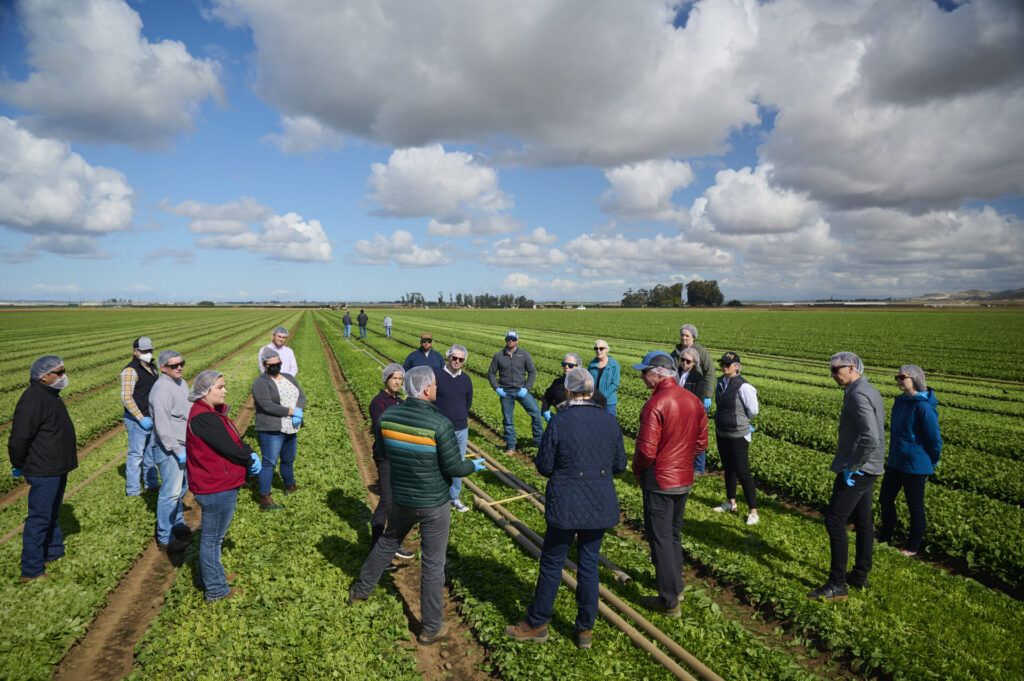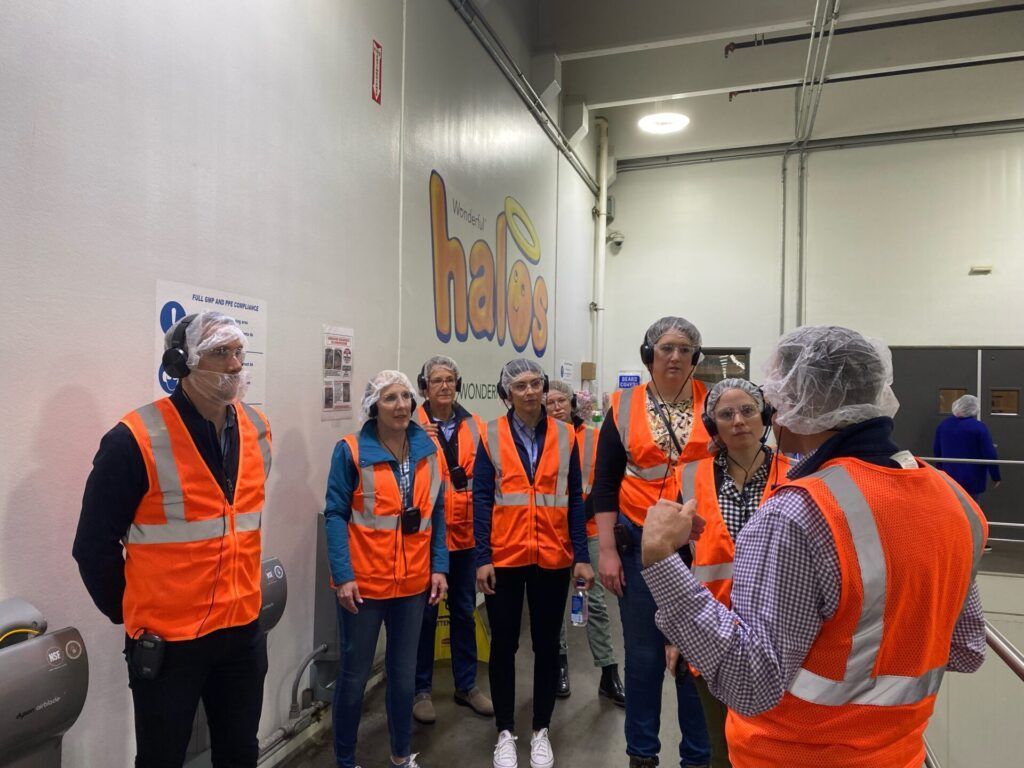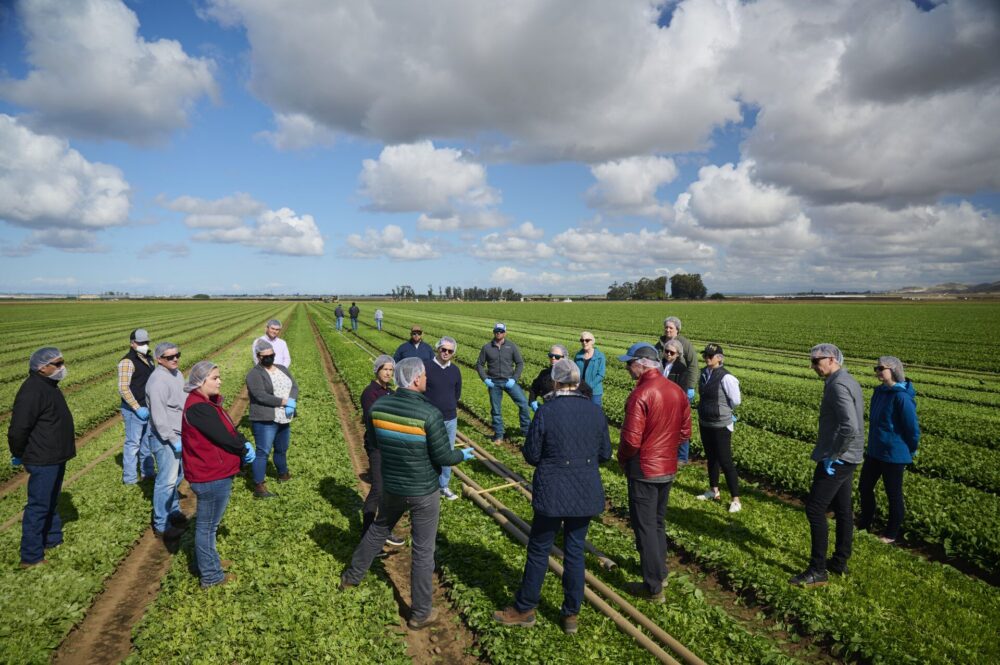
Building on the success of last year’s inaugural class, the Fresh Field Catalyst technology accelerator program is now recruiting its next cohort.
Right now, the produce and floral industries face numerous problems, including water and resource scarcity, the impacts of climate change and ongoing labor shortages. All of these issues disrupt supply chains, impact farmers’ livelihoods and ultimately threaten global food security.
The Fresh Field Catalyst program seeks innovative companies with solutions for these problems and others, specifically as they relate to the produce and floral industries.
Companies from multiple areas are invited to apply, including those in the plant nutrition/inputs space, those developing crop genetics and resiliency technologies, and startups making tools for reducing emissions and enabling climate-smart agriculture (irrigation, inputs, on-farm robotics, support systems for traceability, verification and marketing of climate-smart commodities). Companies developing technologies for reducing post-harvest losses and waste are also encouraged to apply.

The program aims to bridge the gap between technology development and farm-level impacts by accelerating the adoption of climate-smart practices. Companies in the late stages of trialing or operating in at least one market are eligible to apply, with products in any market outside agriculture or in row crops and/or the produce industry outside the US. The program is designed for companies that are ready to launch and which can generate revenue and scale in the produce market within two years with climate-smart products.
The six-month program will deeply immerse participants in the produce industry, with a week of field and company visits, bi-weekly virtual meet-ups with experts, mentoring from senior leaders in the industry, and a stand at the IFPA Global Show in Anaheim, California. The program is a unique opportunity for companies to gain insights into the challenges of the produce industry and contribute to the fight against climate change through technology.
The 2022 cohort of 12 companies included produce quality control startup Clarifruit, supply chain startup DiMuto and greenhouse grower Netled. These companies and others achieved great positive results from participating in the program, including an article in Farm Progress, credibility when applying for EU grants, development of new products, acquisition of new customers, improved go-to-market strategies, new grant opportunities, pilot testing programs, and networking with key industry players. Additionally, a participant received a $1 million grant from the United States Department of Agriculture (USDA) to further optimize the technology and another started a new project leading to new IP.
What alumni are saying:
“IFPA’s Fresh Field Catalyst give us a great perspective and brought real, tangible relationships with some of the leading players in the fresh produce supply chain.” – Elad Mardix, co-founder & CEO, Clarifruit
“This is what we’ve been waiting for. It really is the opportunity to accelerate the process of getting integrated into a new market.” – Kasey Snyder, sales operations manager, Netled
“As a startup, if you don’t have those relationships and that network, it can take you years to really establish. In the Fresh Field Catalyst program, in a week, you get all of this condensed information.” – Julie Escobar, chief commercial officer, DiMuto
Applications for the Fresh Field Catalyst are open until March 20, 2023. Apply here.





